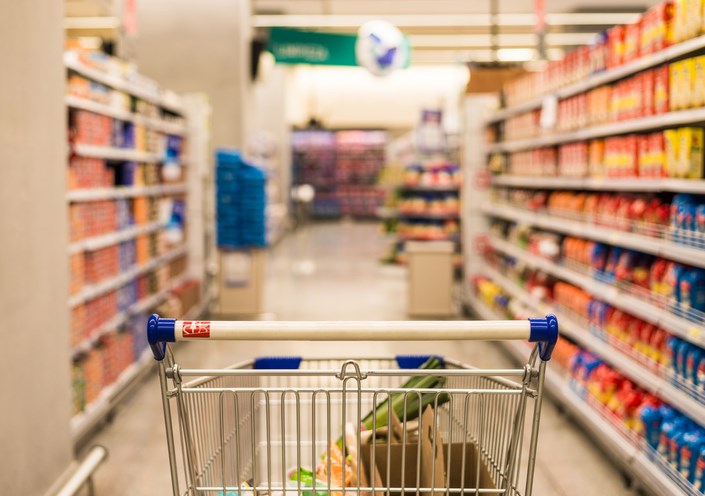After experiencing the pandemic, COVID outbreaks among food processors, and panic buying, trust in Canada’s food system is at an all-time high.
The Canadian Centre for Food Integrity’s annual trust survey shows a jump in consumer confidence.
Farmers are rated first in trust overall, first for providing information, and for food safety.
Scientists and researchers are rated second overall and tie for first in providing information.
Grocery stores are rated third overall and for food safety, and second for information. Restaurants are rated fourth overall, third for information and sixth for food safety.
Federal government agencies are rated fourth overall, third for providing information and second for food safety.
Only six per cent have a high level of trust in politicians.
Canadians who think the food system is headed in the right direction are at an all-time high with a 12 point increase to 47 per cent from last year.
In 2016, only 30 per cent believed the food system was going in the right direction.
Only one in six felt the food system was headed in the wrong direction, down from one in five in 2016. More Canadians under age 55 feel the system is headed down the wrong aisle.
Attitudes have changed with concern about antibiotics use in animals, falling to 37 per cent from 48 per cent five years ago. Concern about drug residues in animals has declined to 35 per cent from 45 per cent.
Respondents praised the food industry's response to COVID-19 with nearly nine in 10 saying the system will ensure availability of healthy food.
Worries have increased about food affordability, the economy, federal deficit, and unemployment taking big jumps by up to 10 per cent.
Fifty-one per cent have less money during the pandemic to buy food.
Sustainability — food options and industry practices that address the environment — are important.
Main issues of worry are cost of food, 56 per cent; the economy, 55 per cent; keeping healthy food affordable, 53 per cent; safety of imported food, 51 per cent; federal deficit, 50 per cent; and food safety, 45 per cent.
Fifty-five per cent actively seek food items with less packaging while 47 per cent hunt for food with less impact on the environment.
Two-thirds seek information on nutritious and healthy food with 42 per cent checking food safety.
Just over one in three look for information about sustainable food production and plant-based meat alternatives.
Two in five get information by Googling, with about one in three using websites, or health care providers.
The survey included 2,903 people from across Canada in August.
Ron Walter can be reached at ronjoy@sasktel.net




